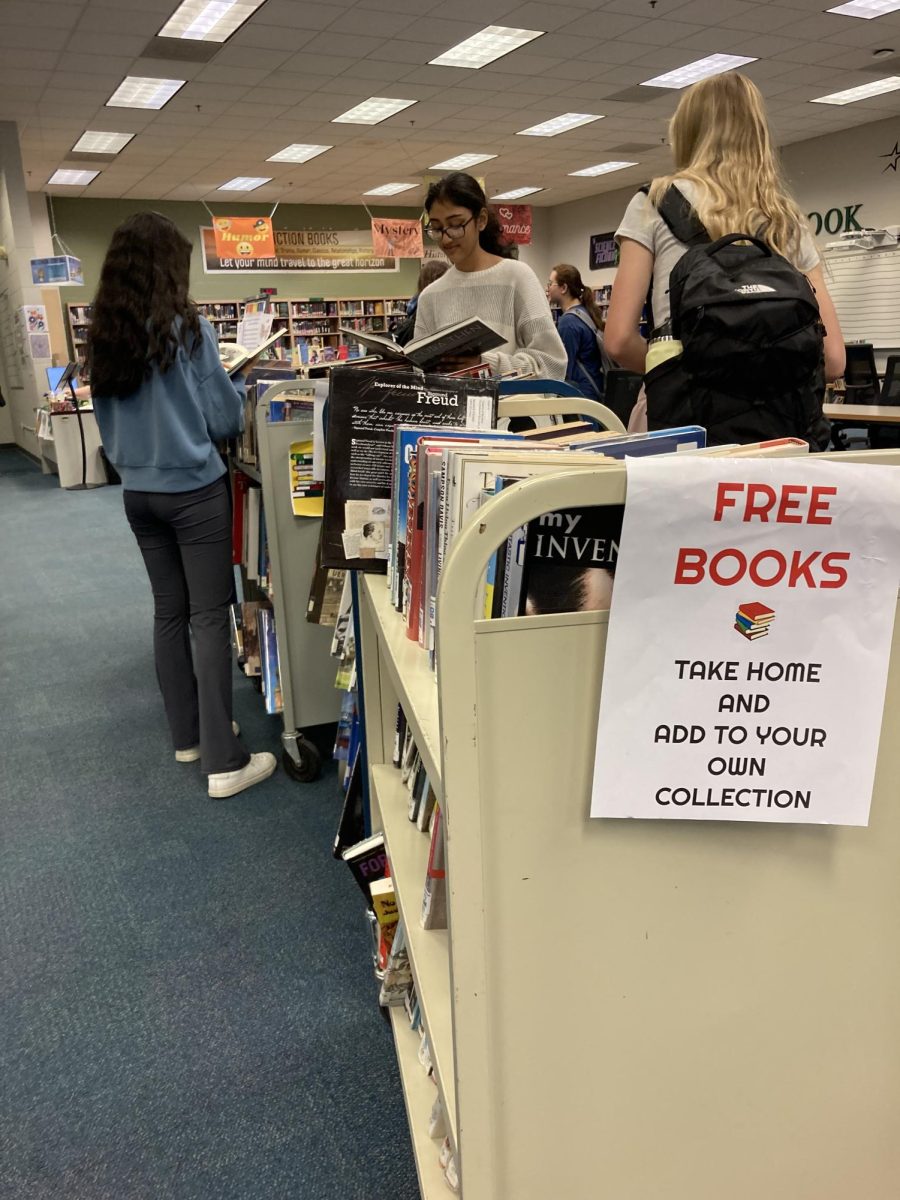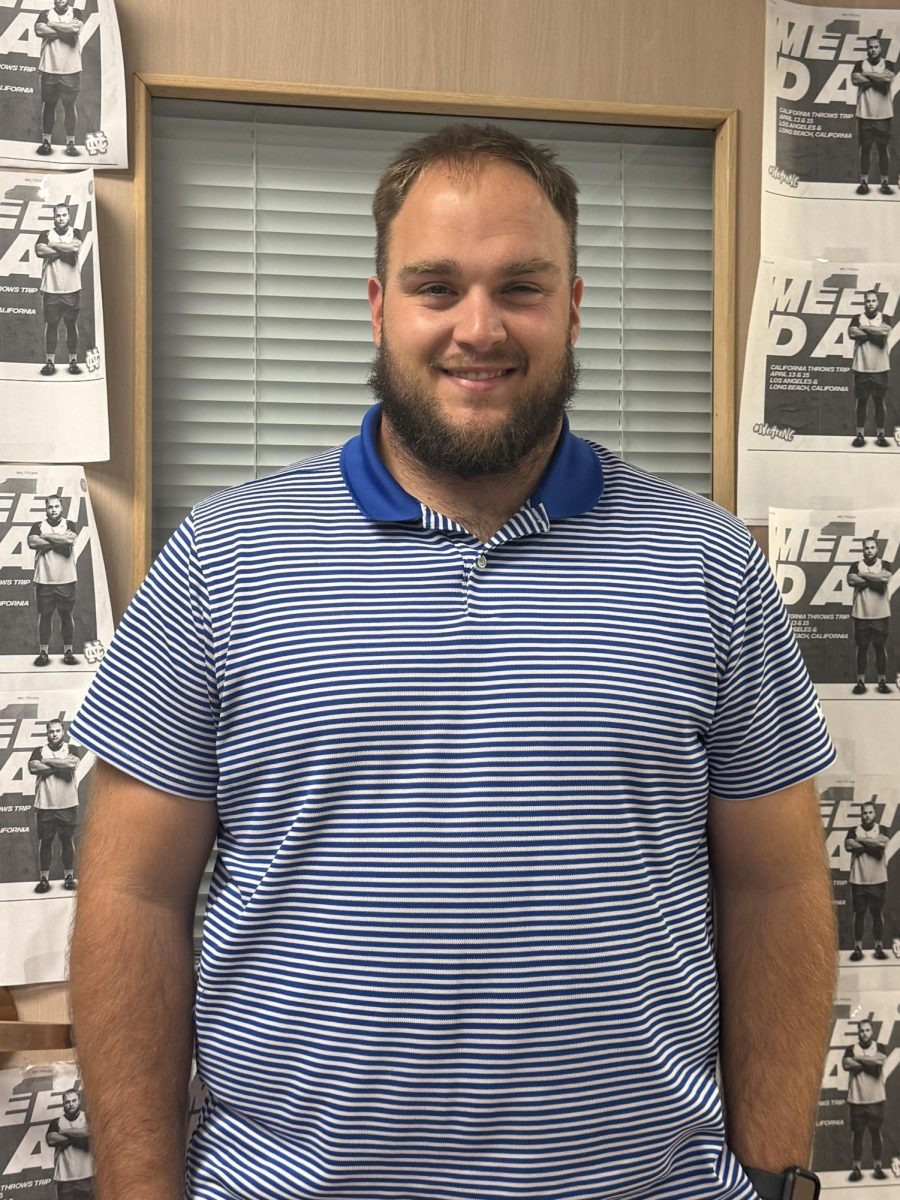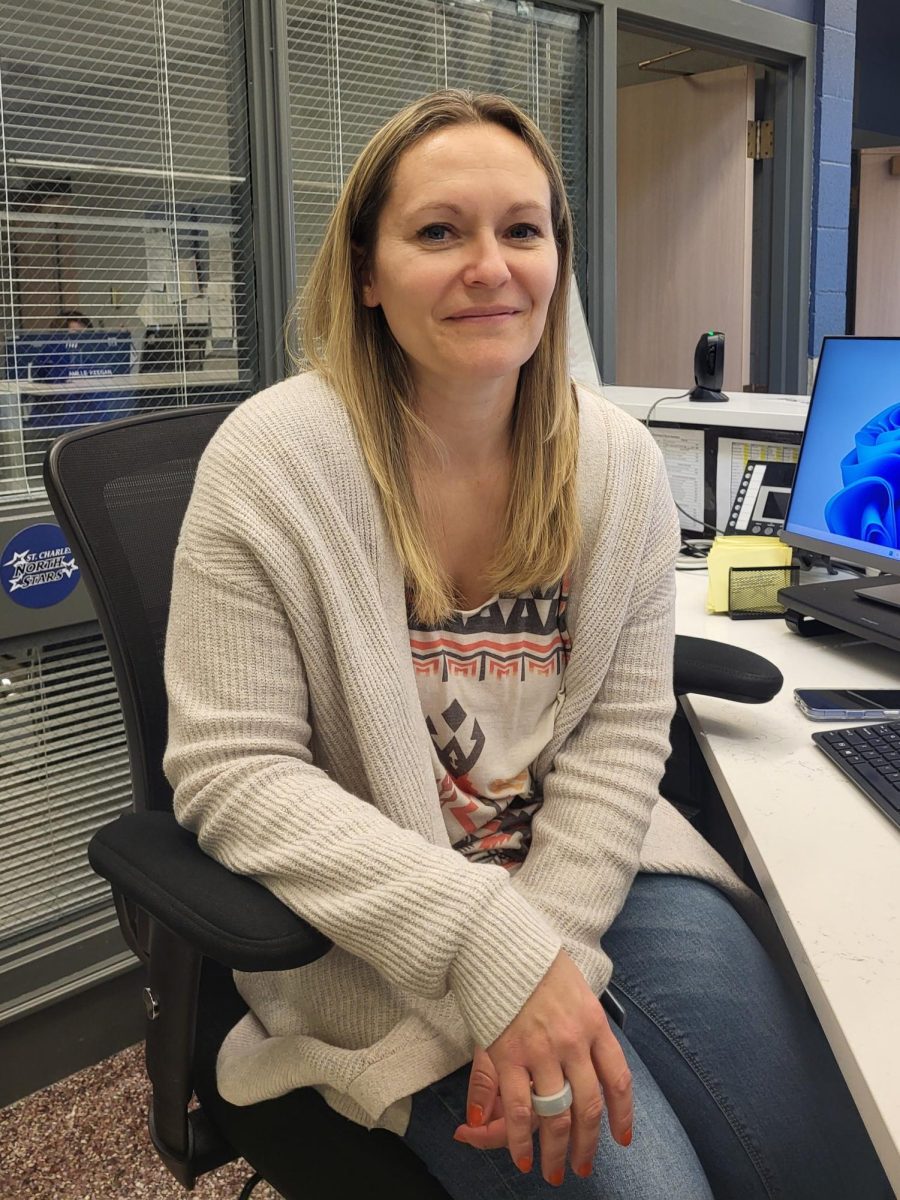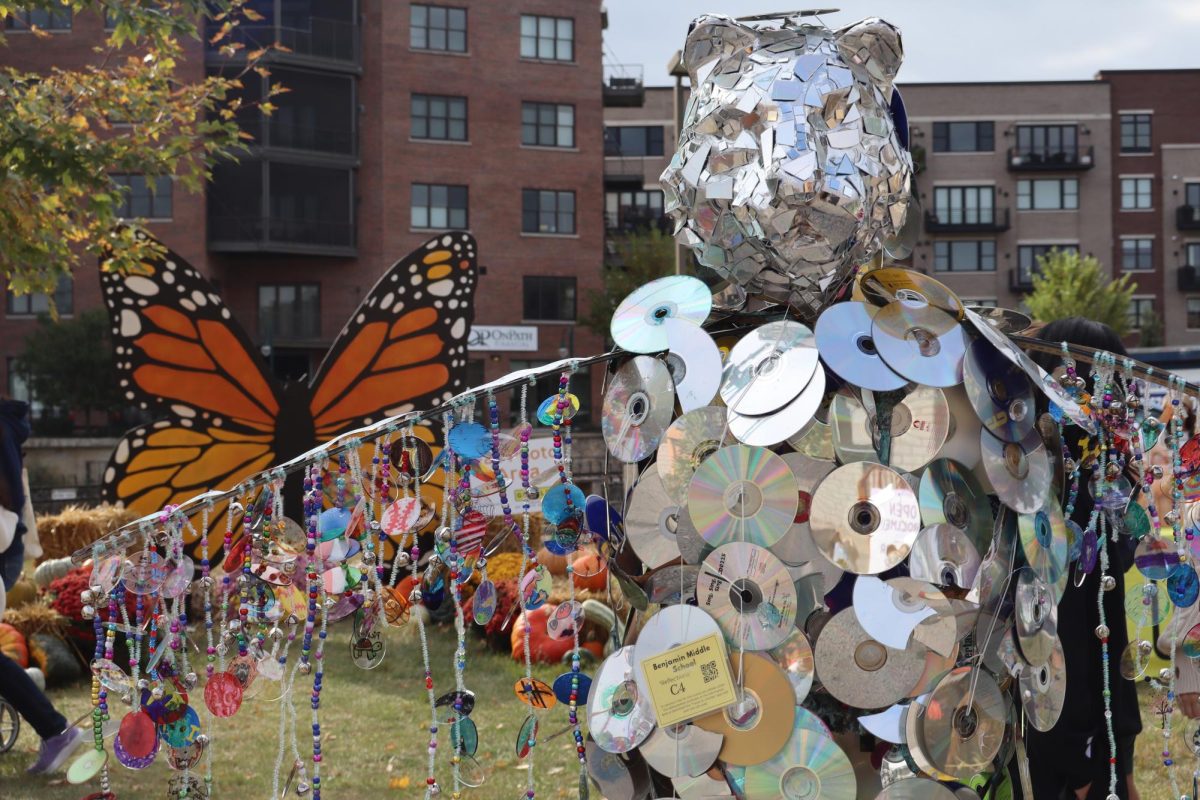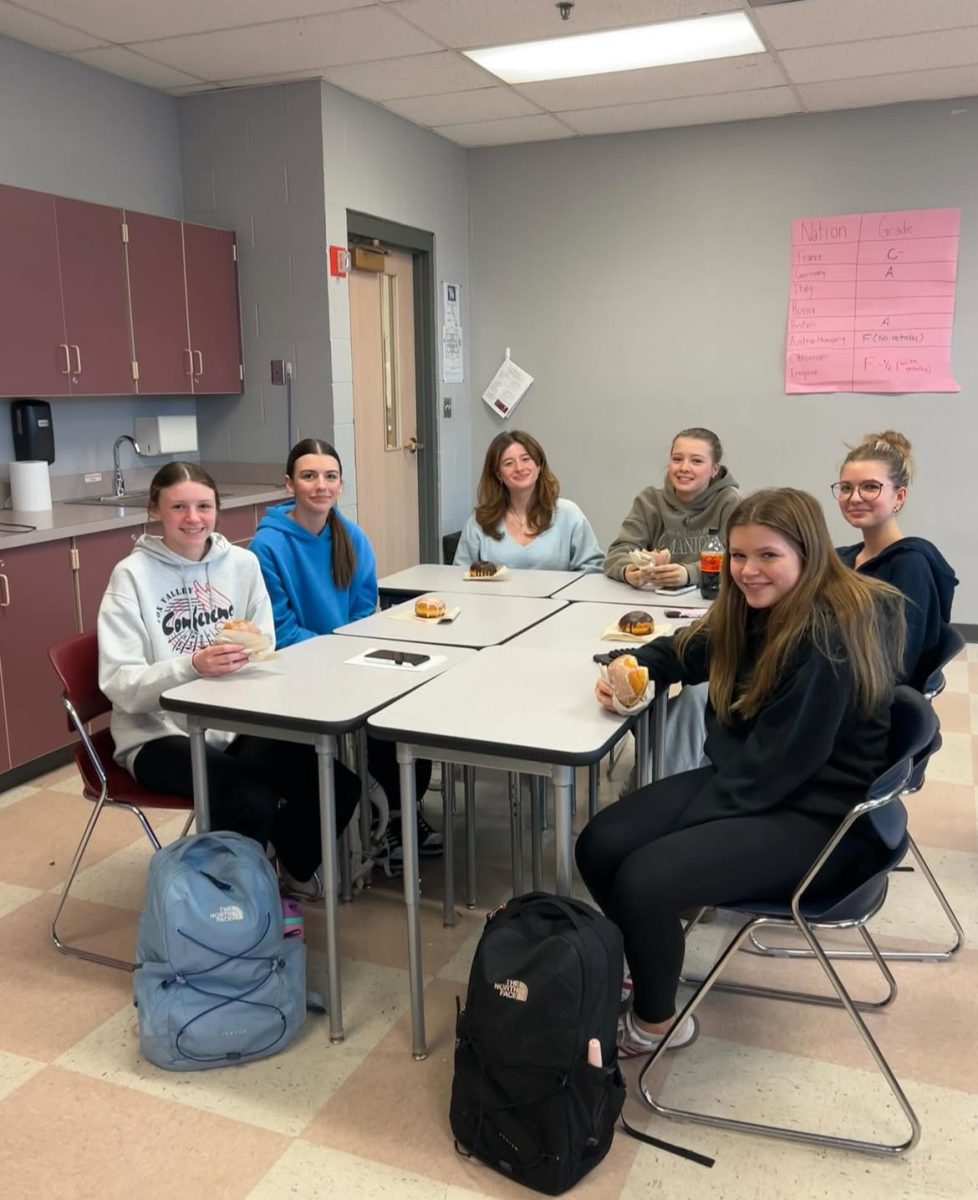For the past few weeks, colorful assortments of free books have sat front and center in North’s LRC. These free books are mostly nonfiction that span areas like health, science, history, geography and more. While many students and staff have taken advantage of the array, with some even leaving with bags full of books, few know why they are free to take.
These free books are the result of a process called “book weeding,” a procedure used by libraries to discard old, outdated books to make room on the shelves for new ones. The books deemed old and outdated are weeded out and made available for North students and staff to take home for free.
“Every year, we go through a weeding process. We look at books and we use something called the CREW model. It’s a way to look at the books when they’re kind of end-of-life,” said Ben Wagoner, LRC director and media specialist.
The CREW model is a guideline for weeding books, which stands for Continuous Review, Evaluation and Weeding. The CREW model is a manual that specifies when books of specific genres should be weeded.
The factors that determine whether or not a book of a specific genre should be weeded are the number of years since the book’s latest copyright date and the amount of time the book has gone without being checked out. These amounts of time vary based on the genre of the book. The books are also weeded if they follow the characteristics of MUSTIE, an acronym that stands for Misleading, Ugly, Superseded, Trivial, Irrelevant, or Elsewhere available.
Following the CREW model for many of North’s nonfiction books resulted in them getting weeded due to their irrelevant information and lack of interaction.
“Usually we do smaller weeds, but this year, [we ran] a lot of reports and we were looking at what books are being checked out, and not a lot of nonfiction books were being checked out,” said Wagoner. “So we were like, ‘okay, let’s do it. Let’s look at the CREW model.’ And let’s go, ‘Okay, what should we get rid of?’”
After weeding, the LRC sets them out for people to take for free.
“After a book has been weeded, we take it out, we give it for students to take because it’s taxpayer money,” said Wagoner. “Anyone can take as many books as they want.”
On April 30, the LRC plans to donate the rest of the free books not taken home by students and staff to an organization called School & Community Assistance for Recycling and Composting Education, or SCARCE.
“SCARCE is an organization that takes the books and finds homes for them,” said Wagoner.
Because the purpose of book weeding is to rid of unwanted or unused books to make room for books of interest, Wagoner recommends that students request the LRC to purchase books they want to read. This can be done by filling out the form on the LRC website, talking with someone in the LRC in person or emailing Wagoner directly.
“I have students all the time that request books, if there’s a book you want, we buy it as long as it’s school appropriate,” said Wagoner.


